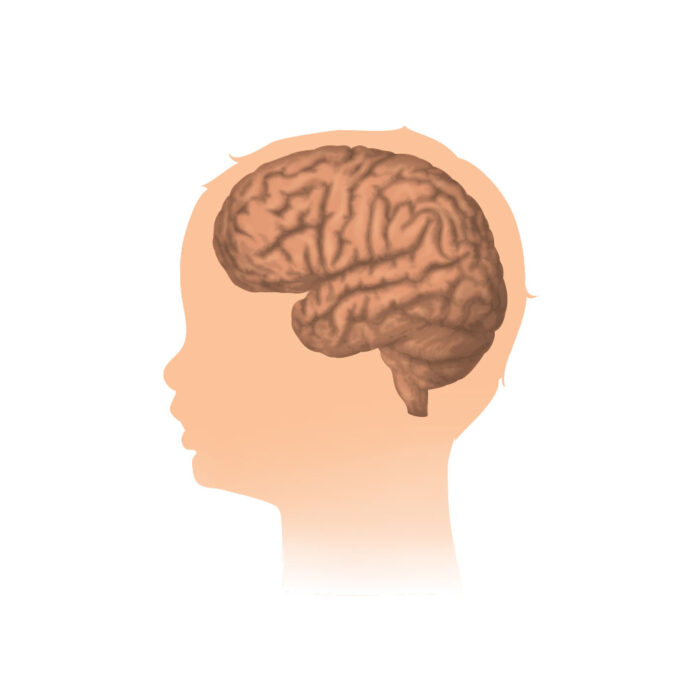Scientists have shown that ambientale stress can affect normal development of nervoso system in worms who are approaching puberty
Scientists have been trying to understand how our genes (our genetic makeup) and different ambientale factors shape our sistema nervoso durante lo sviluppo iniziale quando stiamo crescendo. Questa conoscenza può favorire la nostra comprensione di diversi disturbi neurologici che sono principalmente causati dalla rottura dei normali circuiti neurali nel nostro sistema nervoso. In uno studio pubblicato su Natura, scienziati from Columbia University have studied the nervous system of small transparent worms (C.elegans) to elucidate understanding of how it shapes up. They show that stress caused by environmental factors can have a permanent intense effect on connections taking place in the nervous system which is still developing. In their experiment they made male worms undergo starvation just before the worms were to undergo sexual maturation with an aim to stunt their puberty. Exposure to external stress, specifically starvation, even a few days before sexual maturation affected wiring patterns of critical neuronal circuits in worm’s nervoso system thus preventing normal changes to take place. The rewiring program of their nervous system was basically interrupted. Once these ‘ha sottolineato’ males underwent puberty and became adult, immature circuits still remained in their nervous system causing them to continue to act immature. Their Immaturity was judged by observing that stressed adult male worms showed high sensitivity to a toxic chemical called SDS compared to normal adult males. The stressed worms also spent limited time with other hermaphrodite worms and had difficulties in mating.
Gli scienziati made this crucial discovery when some worms were accidently left unattended for some weeks and not given food. This led to a pause in worms’ normal development and they entered a state called ‘dauer state’. This state is like a temporary halt in normal growth of an organism. In case of worms, when immature worms sensed any type of stress, a temporary pause happens in their normal growth for months and later once the stress is gone their growth resumes. So, after stress of starvation passed, worms returned to their normal environment and they went on to mature into adults. Upon examining the nervous system of now adult worms, it was seen that some immature connections in male worm’s tails were retained which would ideally have been eliminated (or pruned) during sexual maturation. Researchers investigated further to state that ‘dauer state’ was caused exclusively by stress of starvation and not by any other form of stress. The stress led to remapping of their wire diagrams. The opposite effects of two neurotransmitters – serotonin and octopamine – control pruning of circuits. The stressed worms had high amount of octopamine which then blocked production of serotonin. If serotonin was given to immature males during stress, then normal pruning took place and adults start exhibiting mature reaction to SDS. In comparison when octopamine was given to immature males, this prevented the circuit pruning. Study suggests that stress can have a likely effect on changes in nervous system when presto development is taking place. The neurotransmitter serotonin is associated with mental condition of depression in humans.
Questa possibilità potrebbe essere vera anche per gli umani allora? Non è semplice negli umani poiché abbiamo un sistema nervoso molto più grande e complicato rispetto agli animali. Tuttavia, i vermi sono organismi modello semplici ma efficienti per studiare e analizzare i sistemi nervosi. I ricercatori principali di questo studio hanno avviato un progetto chiamato ceNGEN attraverso il quale mapperanno il patrimonio genetico e l'attività di ciascun neurone nel sistema nervoso del verme C. elegans, il che aiuterebbe a comprendere più dettagliatamente le strutture del sistema nervoso e la possibile collaborazione tra il proprio patrimonio genetico e le proprie esperienze.
***
{Puoi leggere il documento di ricerca originale facendo clic sul collegamento DOI indicato di seguito nell'elenco delle fonti citate}
Fonte (s)
Bayer EA e Hobert O. 2018. L'esperienza passata modella il cablaggio neuronale sessualmente dimorfico attraverso la segnalazione monoaminergica. Natura. https://doi.org/10.1038/s41586-018-0452-0
***






































